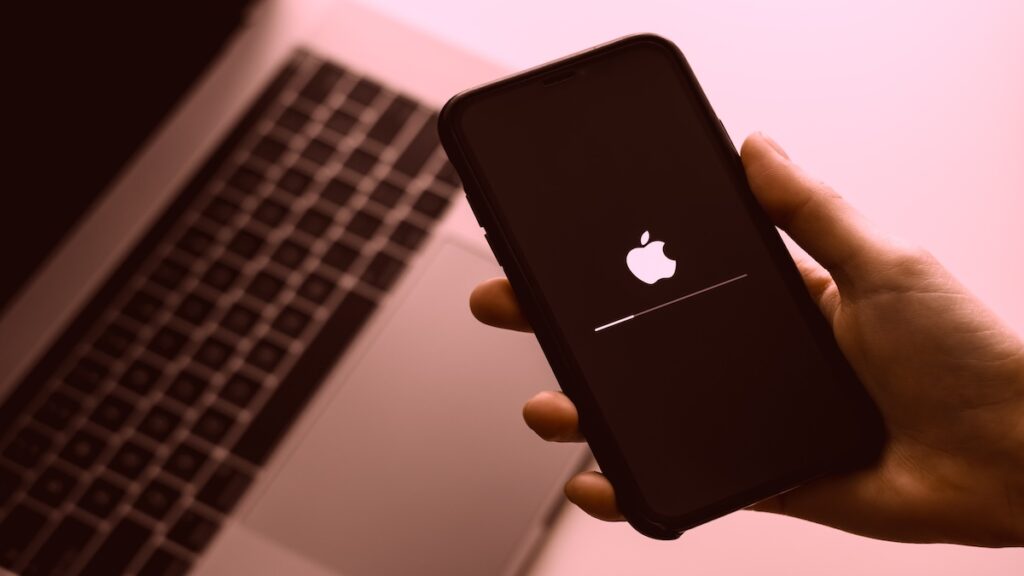
June 7, 2024 at 06:18AM
Apple has announced that its latest iPhones will receive security updates for at least five years to comply with new UK government regulations. The regulations include unique passwords, reporting security issues, and a minimum security update period. However, Google and Samsung have committed to seven years of security updates, resulting in debate over iOS and Android security lifetimes.
After analyzing the meeting notes, here are the key takeaways:
– Apple announced that its latest iPhones will receive security updates for at least five years to comply with the new UK government regulations, specifically the Product Security and Telecommunications Infrastructure (PSTI) Act, and the Security Requirements for Relevant Connectable Products.
– The security requirements for businesses include setting unique passwords, providing information on reporting security issues, and specifying a minimum period for delivering security updates.
– iPhones released after September 2023 and running iOS version 17 and later will receive security updates for a minimum of five years.
– Dave Kleidermacher, a Google VP of engineering for Android security and privacy, pointed out that Apple’s security update commitment period is shorter than that of Google and Samsung, which have promised to deliver security updates for seven years for their flagship Android-based devices.
– Kleidermacher emphasized that Apple’s commitment of five years is two years less than that of Android flagships from Google and Samsung, indicating that iOS is no longer offering the best security lifetimes in the smartphone industry.
– There are also related articles about Apple’s security updates, including patch day issues and new features being tested for iPhone security.
These takeaways summarize the key points from the meeting notes regarding Apple’s security update commitments and the comparison to Android devices.